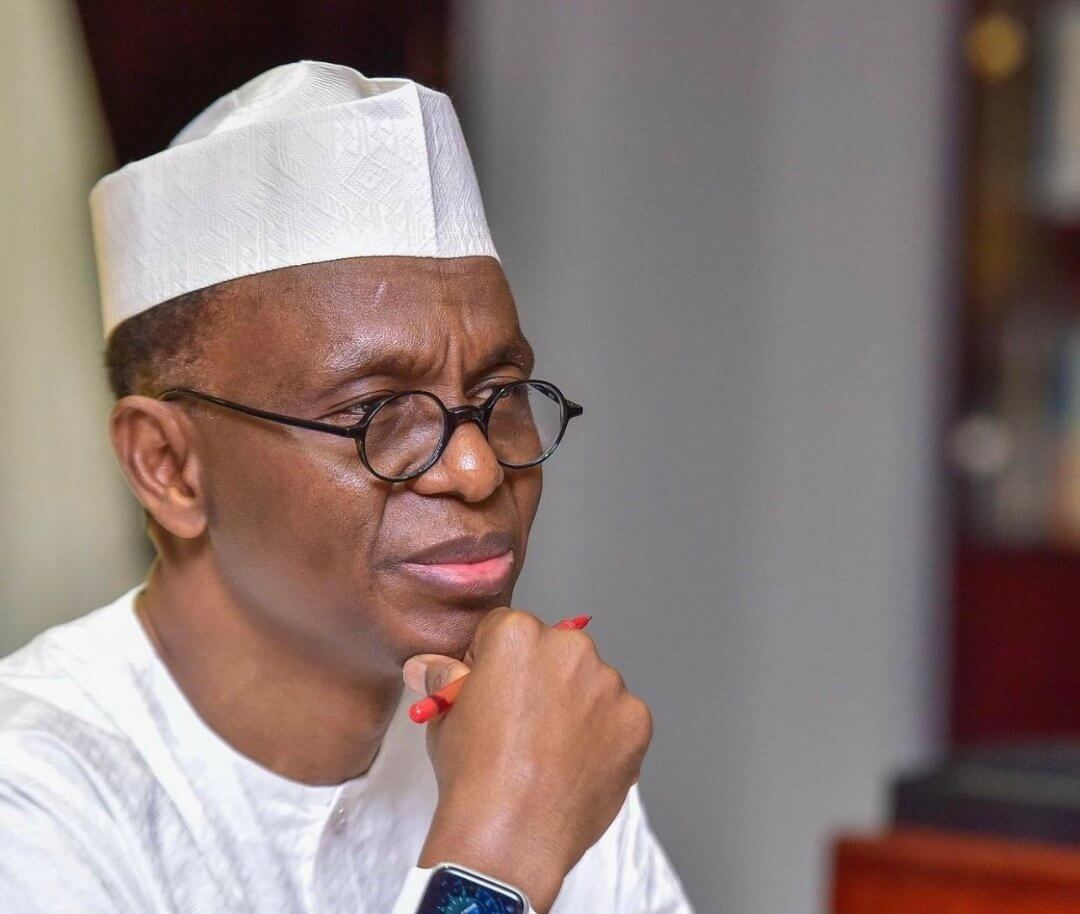ARTICLE AD
As the week comes to an end, PUNCH Online brings you the biggest news stories from Nigeria for the week.
A documentary was released by the BBC this week, revealing unsettling accusations surrounding the late Prophet TB Joshua.
Excitement is mounting as the highly anticipated CAF Africa Cup of Nations 2023 gets underway today, offering fans a series of exhilarating matches.
The week also witnessed President Bola Tinubu taking decisive action by suspending a minister who was involved in a corruption scandal and the music industry saw Tiwa Savage formally filing a complaint against Davido over alleged threats.
Here are the highlights of the week’s biggest news stories, from January 7 to January 13, 2023.
TB JoshuaThe late Nigerian pastor, Temitope Joshua, also known as TB Joshua, is facing posthumous allegations of sexual assault, physical abuse, faked miracles, and trauma.
A two-year investigation by the BBC, in collaboration with Open Democracy, involved over 15 journalists across three continents.
Former insiders claim Joshua made tens of millions of dollars from pilgrims and other revenue streams.
More than 25 eyewitnesses and victims, spanning the UK, Nigeria, Ghana, the US, South Africa, and Germany, allege abuse and rape, with some stating it occurred multiple times a week for nearly 20 years.
Victims share harrowing experiences of psychological trauma, suicide attempts, and manipulation. The BBC documentary exposes claims of faked miracles, scripted events, and control over disciples. Despite Joshua’s death in June 2021, survivors express frustration at his avoidance of justice.
Davido vs Tiwa SavageNigerian singer, Tiwa Savage, has filed a petition against her former pal Davido, alleging threats to her life.
Addressed to the Lagos State Commissioner of Police, the petition claims that Davido threatened Savage over a social media exchange involving Sophia Momodu, Davido’s baby mama.
Savage asks the police to hold Davido responsible for any harm and describes the situation as online and offline harassment.
The police have confirmed receiving the petition, and both artistes recently unfollowed each other on Instagram, sparking speculation about their relationship.
Betta Edu and the Poverty Alleviation ScandalPresident Tinubu instructed the Economic and Financial Crimes Commission to investigate the Ministry of Humanitarian Affairs and Poverty Alleviation’s finances.
The directive comes alongside the suspension of the Minister of Humanitarian Affairs and Poverty Alleviation, Betta Edu, due to a N585 million scandal.
Tinubu also ordered a panel, led by the Coordinating Minister of the Economy and Minister of Finance, to reform the social investment programmes. Edu is summoned by the EFCC for questioning.
Meanwhile, the minister’s predecessor, Sadiya Umar-Farouq, is also being investigated for alleged money laundering during her tenure. The total budget for the ministry from 2020 to 2024 is N2.38 trillion.
Edu reportedly approved funds amounting to N3.16m for flight tickets and airport taxis for herself and her team to travel from Abuja to Kogi State, a state that does not have an airport.
The internal memo from the National Programme Manager, Grant for Vulnerable Groups, Thalis Apalowo, indicated that seven members of the minister’s advanced team received N1.54m for flights and airport taxis, while the main team, including Edu, received N1.62m for the same purpose.
The leaked memo also disclosed that N3m was allocated for logistics, and the total disbursement for vulnerable groups was N60m.
Sweet, Sweet Supreme Court VictoryThe Supreme Court affirmed the elections of many state governors, including Babajide Sanwo-Olu of Lagos, Abba Yusuf of Kano, Bala Mohammed of Bauchi, Caleb Mutfwang of Plateau, Alex Otti of Abia, Umo Eno of Akwa Ibom, Bassey Otu of Cross River, and Dauda Lawal of Zamfara. The court’s decisions put an end to controversies surrounding the 2023 governorship polls in those states.
The apex court upheld the validity of the elections, dismissing appeals and affirming the governors’ victories.
The 34th edition of the Africa Cup of Nations starts today in Ivory Coast with an opening match between the host nation and Guinea-Bissau.
Group A, featuring Ivory Coast, Nigeria, Equatorial Guinea, and Guinea-Bissau, is deemed straightforward on paper, with Ivory Coast and Nigeria expected to progress easily due to their superior squads.
The tournament hosts, Ivory Coast, led by experienced Max Gradel, are aiming for their third continental title.
In the opening match, they face Guinea-Bissau, who are participating in their fourth AFCON tournament.
Nigeria, accused of underachieving in the past, has the reigning African Player of the Year, Victor Osimhen, in their strike force, making them strong contenders.
Equatorial Guinea, finishing fourth in 2015, could pose a challenge with exciting players. The pressure is on Ivory Coast as they aim to top Group A, facing Guinea-Bissau in the tournament’s opening game. The Ivorians are optimistic after a convincing 5-1 victory against Sierra Leone in a tune-up game.
CBN shakeupThe Central Bank of Nigeria sacked the boards of Union Bank of Nigeria, Polaris Bank, and Keystone Bank due to corporate governance failures and non-compliance with regulatory requirements.
The move, following a report by Special Investigator Jim Obazee, aims to address issues threatening the financial stability of the banking sector. Interim management teams have been appointed, and the CBN plans to meet with shareholders of the affected banks to discuss the next steps.
Despite concerns, Union Bank reassures customers about the safety of their funds, and normal operations continue at the bank’s branches.
Experts believe the CBN’s actions won’t harm investors’ confidence, emphasising the importance of a strong financial system.
Further announcements about additional board members may follow, and while nationalisation is a possibility, an interim management approach is favoured to resolve issues before potential sales.
Shareholders express confidence in the appointed leadership, emphasising the importance of the workforce for institutions’ growth and development.

 1 year ago
68
1 year ago
68 

